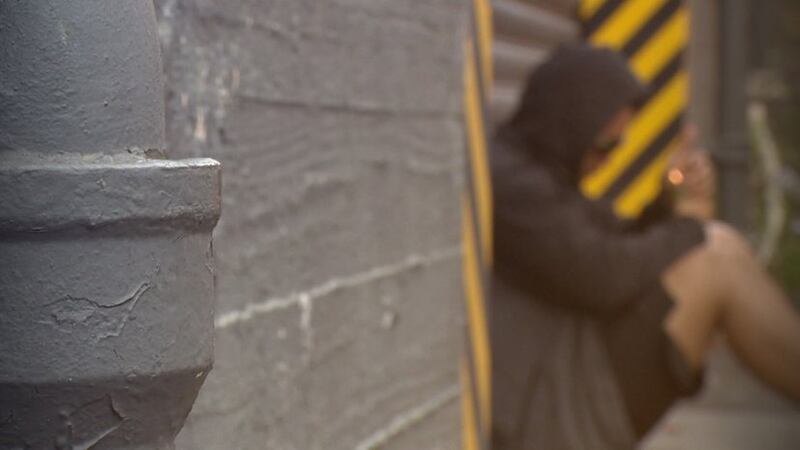Mental Health Foundation chief executive Shaun Robinson says the media needs to focus on the solutions when suicide is discussed.
That comes after an advertisement that depicted maternal suicide was ordered off-air by the Advertising Standards Authority, after finding it was likely to cause harm.
The Mothers Matter campaign intended to pressure the government into providing more support for parents with post-natal depression. In the video, a mother was shown struggling in an abusive relationship, before taking her own life after her baby was born.
Robinson says the advertisement could put women in danger, in part, due to its depiction of suicide.
“The idea of lobbying the government to help young wāhine and mothers is not dangerous. There’s a lot of evidence from around the world that if you depict suicide or talk about suicide in a highly graphical way that people can really identify with, if you do things like show how people take their own lives then that’s very dangerous," he says.
“The more you identify with the person, the more likely you are to think 'That person did it, I’ll do it too'. So for young wāhine Māori who are recent mothers, that was a very dangerous ad.”
Robinson says he attempted to commit suicide earlier in his life.
“When you’re in that state, and about one in 20 people in New Zealand is in that state at any one time and, when you’re like that, you’re very much vulnerable to that voice in your head that’s saying 'It would just be easier to end it all,' and so anything that amplifies that, that says ‘Yea that’s the solution to your problems, here’s a way to do it,’ it just makes that threshold of going from thinking about it to doing it that much lower.”
He says people need to talk more about where to go for help, what they can do to look after themselves, what others can do to look after someone that they’re worried about "and really talk about the solutions whenever we talk about suicide,” he says.
Having a kōrero of hope is also important, Robinson says.
“If we don’t have a kōrero of hope around these issues then we can’t expect to solve the problem," he says.
“The whānau, your friends, are the first support service. I’m alive today because I didn’t die when I tried to take my own life and I was lucky that I had a friend, a wahine Māori as a matter of fact, who came around to see me and just showed me that she cared about me and that was enough to lift me.”
He says there is a range of services available.
“If you’re really worried about someone right in the moment, stay with them and call the police … There is 173,7 which is our seven-day-a-week free counselling service that you can call or text. If you’re worried about somebody they can go to their GP. Maybe you want to go with them.”
But he stresses whānau and friends could be the best to go to.
“It’s friends, workmates who can really make that difference and it’s not by trying to solve the person's problem," he says.
“What they need to feel is aroha. They need to feel you care about them. They need to feel your manaaki in the moment that you’re there and, even if that means dragging the mattresses into the living room and sleeping in the same room, if you’re really worried about somebody just be there for them and let them know that you’re going to continue to be there for them.”

